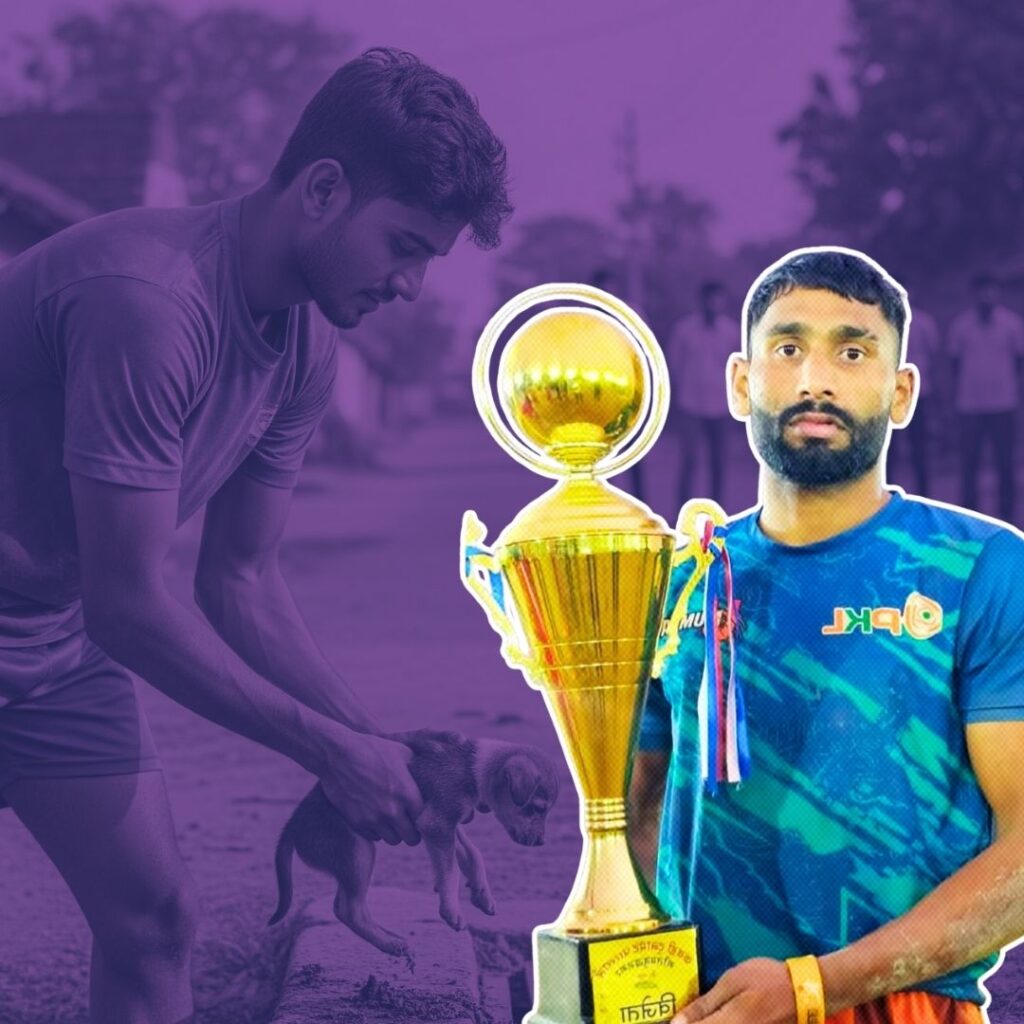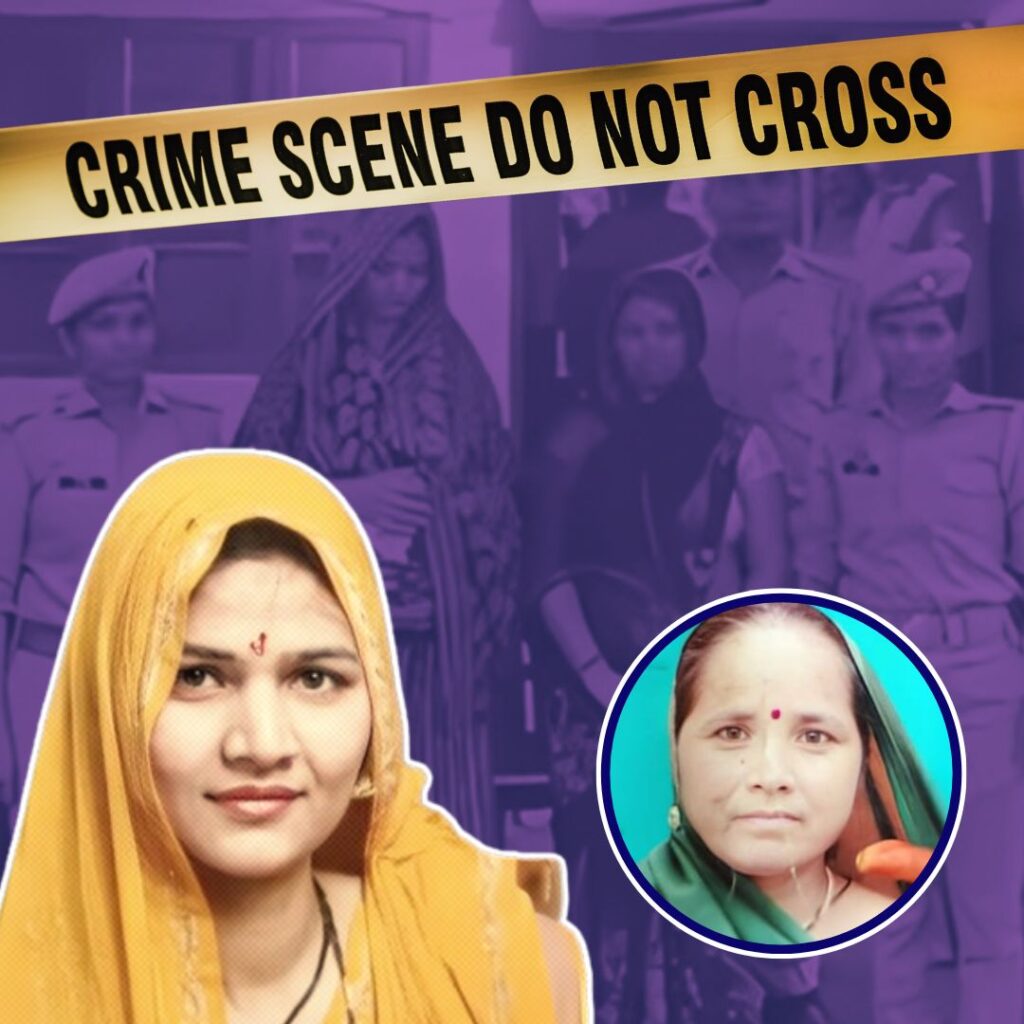*Mahesh, a bright and resourceful child, came from a disadvantaged background. After losing his father, his mother gave up work and resorted to alcohol, leaving him and his younger sister to fend for themselves.
Unable to deal with the sudden circumstances, he began stealing things such as stationery, clothes, and toys to sell it to the local kabadiwallah (garbage dealer). With the few rupees he would earn, he would feed himself and his sister. Vishal Talreja, co-founder of Bengaluru-based non-profit Dream a Dream, met Mahesh at the local community centre where he would regularly come to spend time with his friends and have food. That was perhaps, the only silver lining in his life. Vishal recalls, “He had dropped out of school because his teacher would beat him up. He would be traumatised at the word ‘school’ – such was the effect. We tried putting him in at least four non-formal schools but he would always run away. And then one day, he gathered the courage to steal a bicycle.”
The neighbourhood complained to the local police station who arrested Mahesh and sent him into a children’s observation centre for a week until the community centre managed to get him released. But things changed that week. The once resourceful and creative Mahesh who even managed to sell discarded custard apple shells to feed his family had turned into an aggressive and depressed child. He started foreseeing a livelihood as a thief. The community centre and Dream a Dream were working with this young child day in and out. They were hopeful. Yet, fate had something else in store. This time around, Mahesh stole a scooter and not knowing how to ride; he met with an accident and passed away.
The need for life-skills
What could have saved Mahesh? Vishal responds, “Life-skills, which should have been imparted at a developmental age.” According to UNICEF, ‘life-skills’ are defined as “psychosocial abilities for adaptive and positive behaviour that enable individuals to deal effectively with the demands and challenges of everyday life.”
Since 1999, Dream a Dream has been empowering young people from vulnerable backgrounds with the skills required to engage with the world, make healthy choices and flourish. Through a combination of after-school sessions utilizing the medium of sports and arts, career awareness workshops and teacher development programs in schools across Karnataka, the organization’s approach is successfully working with every stakeholder who has a direct impact on a child. Today, their programs are positively impacting the lives of over 100,000 children, each year.
With a bold vision of impacting 5,00, 000 young people in the next 5 years, Vishal senses an urgency to introduce life-skills as a crucial component in India’s education system and Mahesh’s story is a testimony to that. He says, “If we look at Mahesh’s story, it was a double whammy. On one hand, he lacked the skills (such as managing conflict, creative and critical thinking, decision making) which would have helped him to cope and adapt to his situation. On the other hand, he came from a background of adversity. The feeling of neglect, lack of love and nutrition and exposure to violence left a deep negative impact which affected his natural developmental milestones and that also resulted in his inability to thrive.” The impact of adversity on children
According to a research by University of California (a first-of-its-kind) which studied 756 adults, childhood abuse and lack of parental affection can affect emotional and physical health, for an entire lifetime. Such children are also prone to multisystem health risks such as blood pressure, heart rate, stress hormone, cholesterol, waist circumference, inflammation, and blood sugar regulation among others. The HUNGaMa report by the Government of India affirms that 59 per cent of our nation’s under-five children face moderate to severe stunting. Vishal Talreja says, “Stunted growth isn’t just a result of lack of nutrition but also lack of emotional care”. Thus, if children are left uncared for, there are high chances that they may be the next Mahesh.
Where do we begin?
It has been well established by now that to thrive in this complex, unpredictable world, life-skills are critical at every level. Every human needs the required skills to unlearn, re-learn and re-adapt to the world. But where do we begin?
As Vishal Talreja rightly points out, the answer is the Government of India. “It is the largest missionary in the country. Unfortunately, they conduct themselves as five-year political terms”. In other words, as a nation, we don’t have a long-term vision for education which is impacting over 400 million children who are our future.
With the new government, this is a chance to overhaul the entire education system by making it more holistic and equal. Countries such as Finland, Singapore and Korea to name a few are remarkable examples. For instance, Finland’s education system is…











